GuillainBarre syndrome One of the possible medical reasons for paresthesia which we discuss on this site is GuillainBarre syndrome , which can also be referred to as GBS for short It is a medical condition that affects the patient's peripheral nervous system, sometimes called the PNSGuillainBarré syndrome can occur on one side of your face or both sides If only one side is affected then you may temporarily lose the functions described above just on that side of your face (facial palsy) The health of your eye is of primary importance as an eye which cannot close or blink will be vulnerable to damageThe following is my personal account of the events leading up to a diagnosis, treatment, and recovery with Guillain Barre Syndrome I've written it out in blog form and also recorded a podcast about, which can you listen too via the player above or at the end of my story

Link From Zika To Guillain Barre Syndrome Guillain Barre Syndrome Emergency Nursing Respiratory Therapy
Guillain barre syndrome facial weakness
Guillain barre syndrome facial weakness-GuillainBarré syndrome is an autoimmune disorder that affects the nerves Autoimmune disorders occur when the immune system malfunctions and attacks the body's own tissues and organs In GuillainBarré syndrome, the immune response damages peripheral nerves, which are the nerves that connect the central nervous system (the brain and spinalGuillainBarré syndrome (GBS) is a rare disorder in which a person's own immune system damages their nerve cells, causing muscle weakness and sometimes paralysis GBS can cause symptoms that usually last for a few weeks Most people recover fully from GBS, but some people have longterm nerve damage In very rare cases, people have died of GBS, usually from difficulty breathing



Guillain Barre Syndrome Gbs In The Midst Of Covid 19 Fish Full Life
In GuillainBarré syndrome, the body's immune system attacks part of the peripheral nervous system The syndrome can affect the nerves that control muscle movement as well as those that transmit feelings of pain, temperature and touch This can result in muscle weakness and loss of sensation in the legs and/or armsGuillainBarre syndrome causes muscle weakness, loss of reflexes and numbness or tingling (pins and needles) in the arms, legs, face and other parts of the body In severe cases it can cause complete paralysis Worsening of the disease always stops within 4 weeks and there is a long recovery phase thereafterGBS is a rare condition that causes damage to nerves that control movement and your sense of touch You may have mild symptoms, such as muscle weakness You may have more serious symptoms, such as paralysis GBS happens because your immune system attacks nerve cells by mistake
GuillainBarre Syndrome GuillainBarre syndrome is a disorder characterized by the body's immune system attacking its peripheral nervous system GuillainBarre syndrome is a rare disease (affecting only 1 or 2 people per 100,000) and the syndrome's cause has not been pinpointed However, in some cases of GuillainBarre syndrome may follow aGuillainBarre is called a syndrome rather than a disease because it is not clear that a specific diseasecausing agent is involved The signs and symptoms of the syndrome can be quite varied, so doctors may, on rare occasions, find it difficult to diagnose GuillainBarre in its earliest stagesWeakness in your arms, legs or face
My life Pre Guillain Barre Syndrome To say that I had a good life was an understatement I was born in Burley, Idaho a small city For me, Idaho has always been a paradise, located in the Northern Rockies, the mountains and rivers seemed endless filled with pristine wilderness untouched by man, wilderness areas that are larger than some eastGuillainBarre syndrome GuillainBarré syndrome is a rare disorder of the nervous system that may affect between 40 and 80 New Zealanders each year Symptoms include muscle weakness or paralysis of limbs, the face and respiratory system In its most severe form GuillainBarré syndrome is a medical emergency and can be fatalGuillainBarre syndrome is a condition in which the body's immune system damages parts of neurons Symptoms include progressive weakness, numbness or tingling, decreased reflexes, body aches, double vision, loss of balance, abnormal heart rhythms or
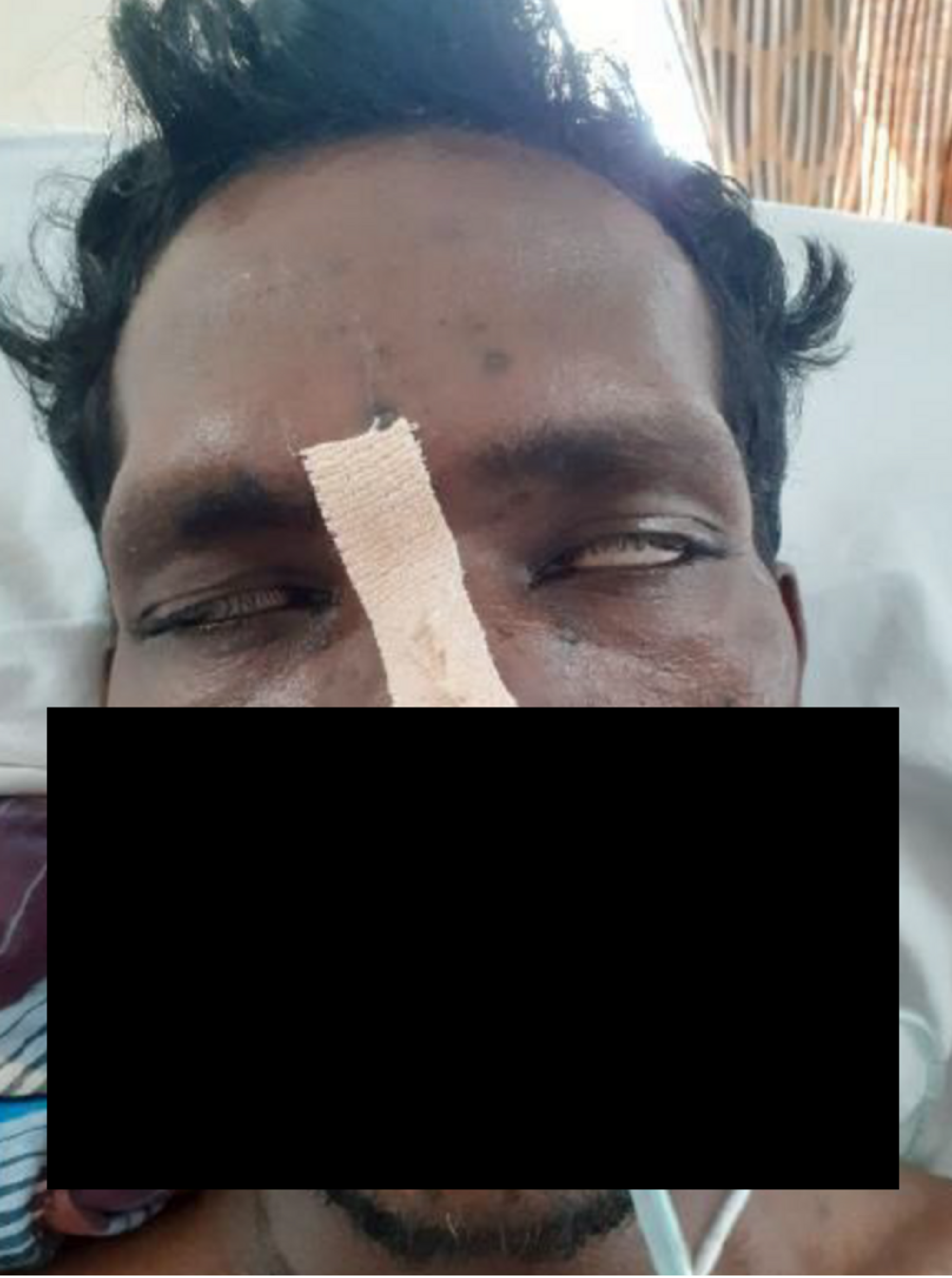



Cureus Guillain Barre Syndrome Following Chickenpox With Multiple Cranial Nerve Palsies And Cerebrospinal Fluid Pleocytosis



Paralyzed
A case of GuillainBarre has also been identified in a patient who got the Pfizer vaccine In India, there are reports of seven severe cases of GuillainBarré syndrome 10 to 14 days after the first dose of AstraZeneca's vaccine Six were women, all had facial paralysis, "all progressed to quadriplegia, and six required respiratory supportGuillainBarre syndrome (GBS) is an acute paralytic neuropathy Limited reports of GBS caused by tickborne pathogens exist Lyme disease is a tickborne infectious disease that is commonly caused by Borrelia burgdorferi The nervous system mayGuillain Barré syndrome (a neurological disorder in which the body's immune system damages nerve cells, causing muscle weakness and sometimes paralysis)




Link From Zika To Guillain Barre Syndrome Guillain Barre Syndrome Emergency Nursing Respiratory Therapy




Guillain Barre Syndrome A Cold Stole My Smile c News
Those with GuillainBarre Syndrome Should Avoid the Vaccine Doctor Fauci started off by revealing who should be first in line to get the highly anticipated vaccine, "the ones that have a more likely chance of getting a severe outcome" if infected with COVID19 They include the "vulnerable people, the elderly individuals with underlyingThose with GuillainBarré syndrome face not only physical difficulties, but emotionally painful periods as well It is often extremely difficult for individuals to adjust to sudden paralysis and dependence on others for help with routine daily activitiesGuillainBarré syndrome (GBS) is a rare syndrome in which the body's immune system attacks part of the peripheral nervous systemThe peripheral nervous system carries signals from the brain to the muscles Symptoms of GBS include muscle weakness, numbness, and tingling sensations, which can increase in intensity until the muscles cannot be used at all ()
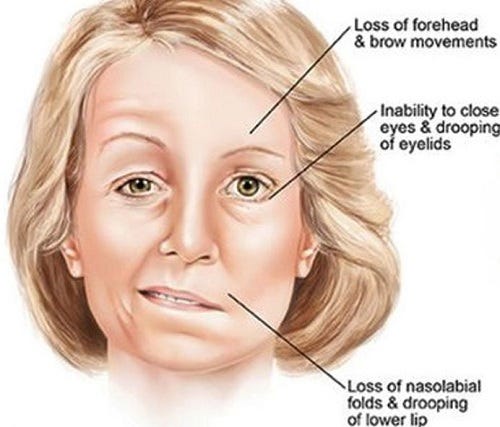



What Happens When You Have Facial Palsy By Dr Kavreen Arora Medium




Facial Diplegia With Hyperreflexia A Mild Guillain Barre Syndrome Variant To Treat Or Not To Treat Topic Of Research Paper In Clinical Medicine Download Scholarly Article Pdf And Read For Free On Cyberleninka
Four cases of potentially deadly GuillainBarré syndrome in which the body's immune system breaks down were recorded in Nottingham just 11 to 12 days after having the vaccineGuillainBarre syndrome can be triggered by AstraZeneca's COVID19 vaccine It is a nerve inflammation that could cause temporary paralysis and difficulty inGuillain Barré Syndrome Survivors · The amount of interaction between all of us allowed this page to grow from the very beginning However, in the past few years Facebook has made it harder to access "Visitor Posts" I hope that this video helped you guys in navigating the page a little easier Have a great day!




Living With Guillain Barre Syndrome Our Gbs Journey
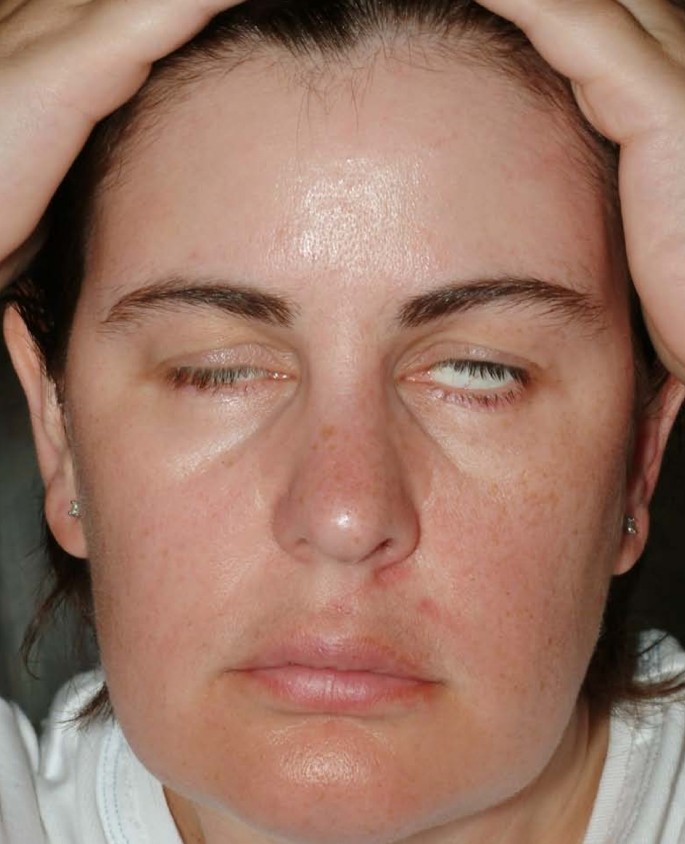



Guillain Barre Syndrome Presenting With Bilateral Facial Nerve Paralysis A Case Report Cases Journal Full Text
'GuillainBarre syndrome ought to subsequently be added to the product data as a facet impact of Vaxzevria AZ,' it mentioned in steering printed right this moment 'The frequency class allotted is "very uncommon" (ie occuring in lower than one in 10,000 individuals), which is the class of the bottom frequency foreseen in EUMedpage Today Sept 2, 21 9 Shapiro S, David B, Potasman I, RahamimCohen D Rate of Recurrent GuillainBarré Syndrome After mRNA COVID19 Vaccine BNT162b2 JAMA Neurol S ept 1, 21 10 Sadia Waheed S, Bayas A, Hindi F, Rizvi Z, Espinosa PS Neurological Complications of COVID19 GuillainBarre Syndrome Following Pfizer COVID19 VaccineMost cases will have subsequent arm weakness, and possibly the weakness of facial, ocular, and oropharyngeal muscles Weakness is always bilateral, although some asymmetry in onset and severity is common Proximal muscle weakness very frequent, especially initially, with subsequent distal arm and leg weakness
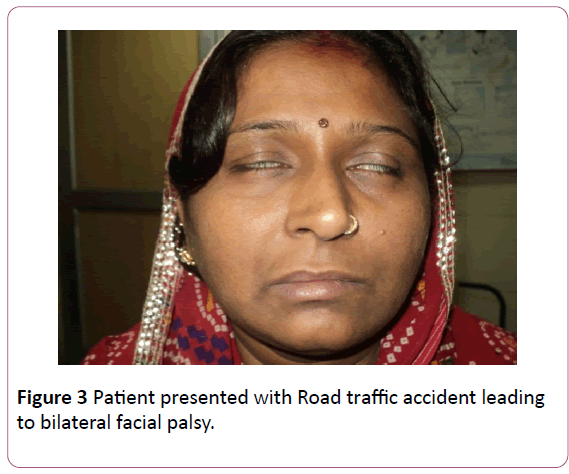



Simultaneous Bilateral Facial Nerve Palsy Case Series And Review Of Literature Insight Medical Publishing




Bell S Palsy Nejm
25 died No one completely understands the causes of GBS, but the condition can develop after a bout with infection or following surgery or vaccination The federal government paid millions in damages to people or their familiesWe report a case of an atypical presentation of GBS presenting with extremity paresthesias, dysarthria, and bilateral facial weakness, in the absence of classic ascending limb weakness, and discuss differential diagnosis, triage, and managementGuillainBarré syndrome (GBS) occurs when the immune system attacks the peripheral nervous system — the system of nerves that run though the body, outside the brain, and spinal cord It can cause muscle weakness, pain, changes in sensation (numbness or tingling), and sometimes even temporary paralysis of muscles in the legs, arms, face, and




Guillain Barre Syndrome Case Patient E Your Best Choice For Acupuncture And Herbs
/woman-having-feet-massage-1141353735-a78f911a1d824e7a93bab5f8e9a640be.jpg)



Introduction To Guillain Barre Syndrome
GuillainBarré syndrome is an autoimmune condition in which the person's nerves are attacked by the body's own immune defence system As a result of the attack, the nerve insulation (myelin) and sometimes even the inner covered part of the nerve (axon) is damaged and signals are delayed or otherwise changed The resultant antibodies attack the myelin sheath, and sometimes the axon,Introduction GuillainBarré syndrome (GBS) is a rare, rapidly progressive disease due to inflammation of the nerves (polyneuritis) causing muscle weakness, sometimes progressing to complete paralysis GBS affects about one or two people each year in every 100,000 population Its exact cause is unknownGuillainBarré (gheeyan bahray) syndrome is a disorder in which the body's immune system attacks part of the peripheral nervous system The first symptoms of this disorder include varying degrees of weakness or tingling sensations in the legs In many instances, the weakness and abnormal sensations spread to the arms and upper body



Guillain Barre Syndrome Gbs In The Midst Of Covid 19 Fish Full Life




Pdf Guillain Barre Syndrome Presenting As Facial Diplegia
The neurological disorder, GuillainBarre syndrome, which can cause temporary paralysis, has been listed as a "very rare" side effect of the AstraZeneca COVID19 vaccine by the European Medicines Agency The GuillainBarre syndrome disorder is a nerve inflammation that could cause temporary paralysis and difficulty in breathingThis was made known in an EMA latest updateNonetheless, prompt recognition of Miller Fisher syndrome may prevent unnecessary diagnostic tests, and occasionally patients progress to the riskier GuillainBarré syndrome In Index of Suspicion Case 1, Shah et al (5) describe a 5yearold boy with right leg pain and difficulty walking forGuillain–Barré syndrome (GBS) is a rapidonset muscle weakness caused by the immune system damaging the peripheral nervous system Typically, both sides of the body are involved, and the initial symptoms are changes in sensation or pain often in the back along with muscle weakness, beginning in the feet and hands, often spreading to the arms and upper body



Guillain Barre Syndrome Promising Young Footballer Struck Down By Rare Disease Twice Abc News




Medicina Free Full Text Is Bilateral Facial Paralysis An Indicator Of Respiratory Outcome In Guillain Barre Syndrome
Symptoms of GBS typically develop within 42 days of vaccination, and the first symptom is often numbness or tingling in your hands or feet "The typical progression of GBS is from the legs up toGuillainBarré syndrome (say "gheeYAN bahRAY") is a problem with your nervous system It causes muscle weakness, loss of reflexes, and numbness or tingling in your arms, legs, face, and other parts of your body This rare condition can cause paralysis and lead to deathFor some people, these symptoms can lead to paralysis of the legs, arms, or muscles in the face In %–30 % of people, the chest muscles are affected, making it hard to breathe The ability to speak and swallow may become affected in severe cases of GuillainBarré syndrome
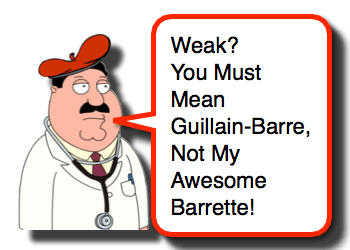



Guillain Barre Syndrome Pediatric Em Morsels




Unilateral Facial Palsy In Guillain Barre Syndrome Gbs A Rare Occurrence Bmj Case Reports
GuillainBarre' 2,086 likes 9 talking about this GBS is a type of peripheral neuropathy which can advance quickly, leading to paralysis and even deathTelegram GuillainBarre syndrome might be triggered by AstraZeneca's COVID19 vaccine It is a nerve irritation that would trigger shortterm paralysis and problem in respiration This was made recognized in an EMA replace on Wednesday The replace acknowledged {that a} causal relationship was "considered at least a reasonable possibility"More than 500 people are thought to have developed GuillainBarre syndrome after receiving the vaccine;




Isolated Facial Diplegia A Rare Presentation Of Guillain Barre Syndrome Sardar 21 Clinical Case Reports Wiley Online Library




Doctors Upsurge In Paralysis Condition Accompanies Zika Albuquerque Journal
The symptoms of the disorder "include weakness, areflexia absence of reflexes, paresthesia tingling, and in some cases facial weakness and ataxia poor balance," Geraci said It's notAn axonal form of GuillainBarré syndrome was diagnosed, based on electrophysiological evidence of a generalized, nonlengthdependent, sensorimotor axonal polyneuropathy Treatment with intravenous immunoglobulin led to complete recovery without recurrence after 6 monthsG B Syndrome is the abbreviated form of GuillainBarre Syndrome It is a rare disorder The immune system of the body affects the nerves If the G B Syndrome reaches its extreme point, it becomes an emergency The cause of this disorder is yet to be known But, often flu or respiratory ailments may lead to G B Syndrome



1
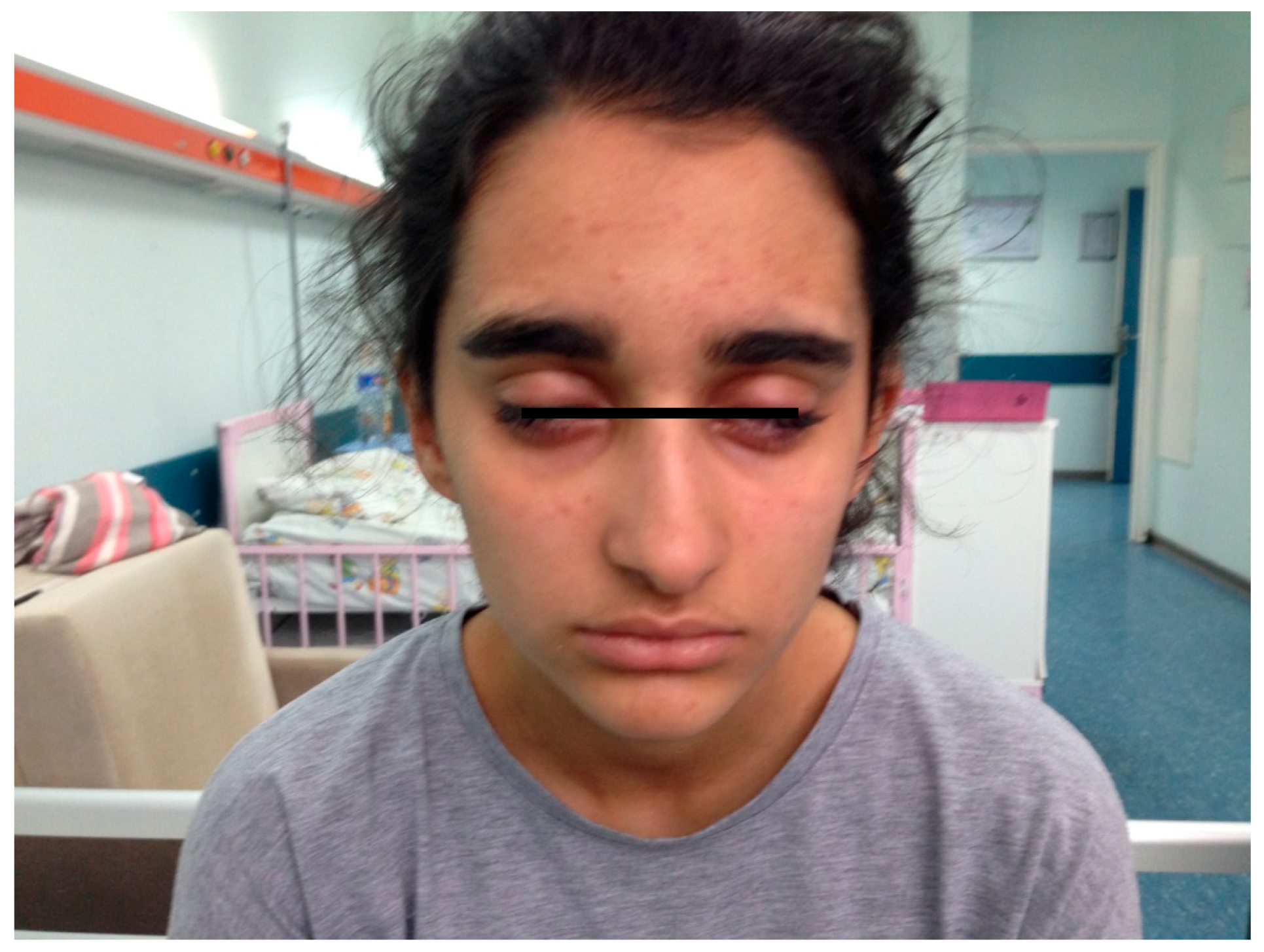



Medicina Free Full Text Is Bilateral Facial Paralysis An Indicator Of Respiratory Outcome In Guillain Barre Syndrome Html
What is GuillainBarre syndrome (GBS)?GuillainBarré syndrome (GBS) is a temporary disorder that affects the nerves in the body GBS can result in muscle weakness, pain, sensory loss and even temporary paralysis of the face, eye, chest, and limb muscles Paralysis of the chest muscles can lead to breathing problemsMillerFisher syndrome is a rare, acquired nerve disease that is a variant of GuillainBarré syndrome It is characterized by abnormal muscle coordination with poor balance and clumsy walking, weakness or paralysis of the eye muscles, and absence of the tendon reflexes Like GBS, symptoms may follow a viral illness
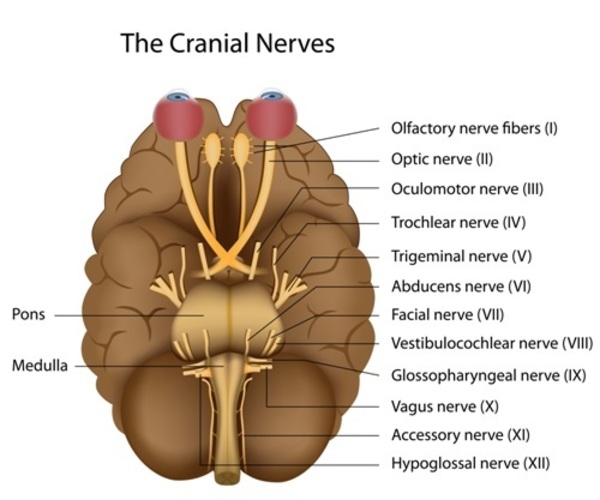



Guillain Barre Syndrome Medlineplus Genetics




What To Know About Guillain Barre And The Covid Vaccine Cleveland Clinic
Most people with GuillainBarré syndrome will recover from most of their symptom within 6 to 12 months But it can take from several months to several years to fully recovery from the nerve damages caused by GuillainBarré syndrome However, around 1 in 5 people are left with longterm problems such as being unable to walk without assistance;GuillainBarré syndrome is the most common and most severe acute paralytic neuropathy, with about 100 000 people developing the disorder every year worldwide Under the umbrella term of GuillainBarré syndrome are several recognisable variants with distinct clinical and pathological features The severe, generalised manifestation of GuillainBarré syndrome with respiratoryGuillainBarré syndrome occurs when the immune system attacks healthy nerve cells In about twothirds of cases, it follows a viral or bacterial infection The most common infection linked to the




Unilateral Facial Palsyin Guillain Barre Syndrome A Hyperreflexic Variant Case European Medical Journal



Guillain Barre Syndrome Swope Rodante P A
GuillainBarré syndrome (say "gheeYAN bahRAY") is a problem with your nervous system It causes muscle weakness, loss of reflexes, and numbness or tingling in your arms, legs, face, and other parts of your body This rare condition can cause paralysis and lead to deathGuillainBarré syndrome (GBS) is a rare disorder where the body's immune system damages nerve cells, causing muscle weakness and sometimes paralysis While its cause is not fully understood, the syndrome often follows infection with a virus or bacteria Each year in the United States, an estimated 3,000 to 6,000 people develop GBS




Ahn Neurologist Finds Covid 19 Can Trigger Paralytic Disease Pittsburgh Post Gazette




Concurrent Myasthenia Gravis And Guillain Barre Syndrome In A 63 Year Old Female The First Case In The Philippines Journal Of The Neurological Sciences




Pdf Gullian Barre Syndrome With Bilateral Facial Nerve Palsy A Rare Entity Semantic Scholar




The Rare Condition Slowly Paralysing My Arms And Legs c News
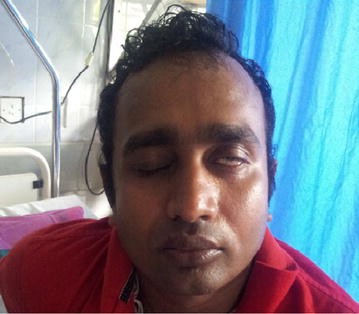



Guillain Barre Syndrome Following Dengue Fever And Literature Review Bmc Research Notes Full Text
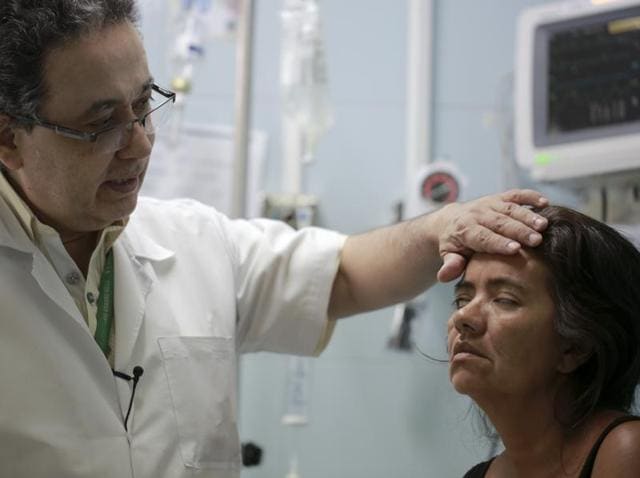



Doctors Fear Upsurge In Paralysis Condition Accompanies Zika World News Hindustan Times




What Is The Cause Of This Child S Facial Asymmetry Consultant360




Guillain Barre Syndrome Following Dengue Fever And Literature Review Bmc Research Notes Full Text
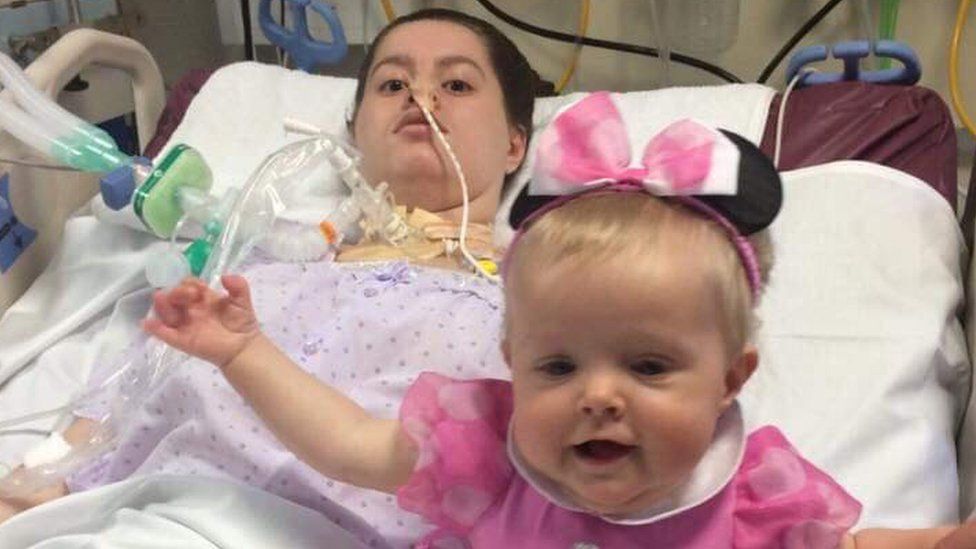



Guillain Barre Syndrome A Cold Stole My Smile c News




Surviving Guillain Barre Syndrome A People Writer S Story People Com
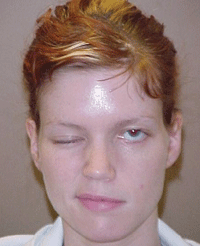



A 50 50 Split
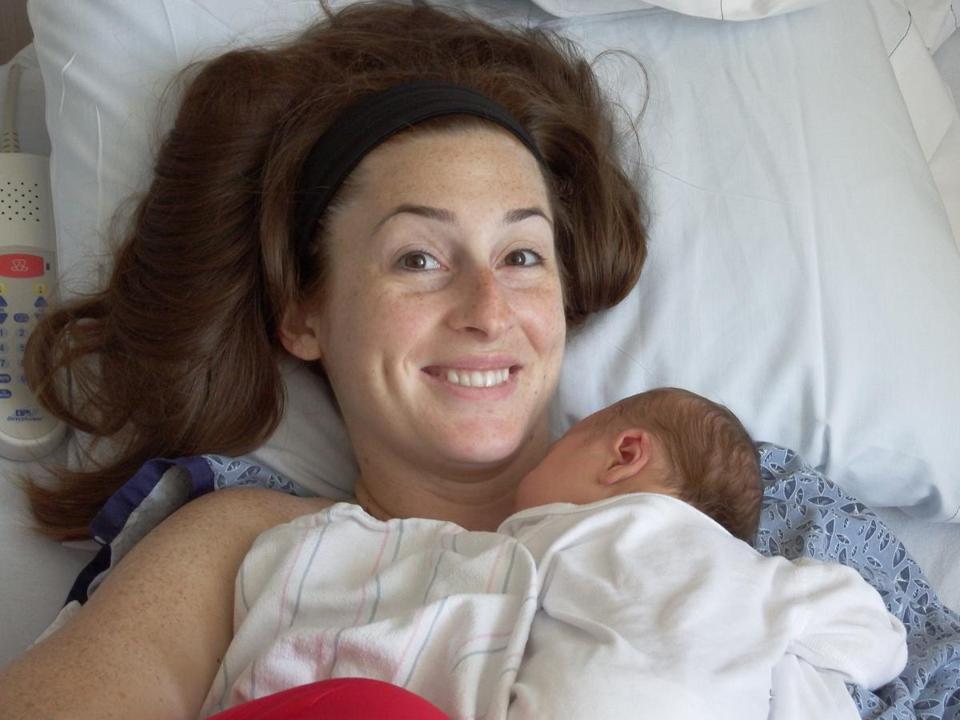



New Mom Develops Guillan Barre Syndrome After Difficult Labor Global Genes



Emdocs Net Emergency Medicine Educationbell S Palsy Pearls And Pitfalls In Evaluation And Management Emdocs Net Emergency Medicine Education




Living With Guillain Barre Syndrome Aman Type
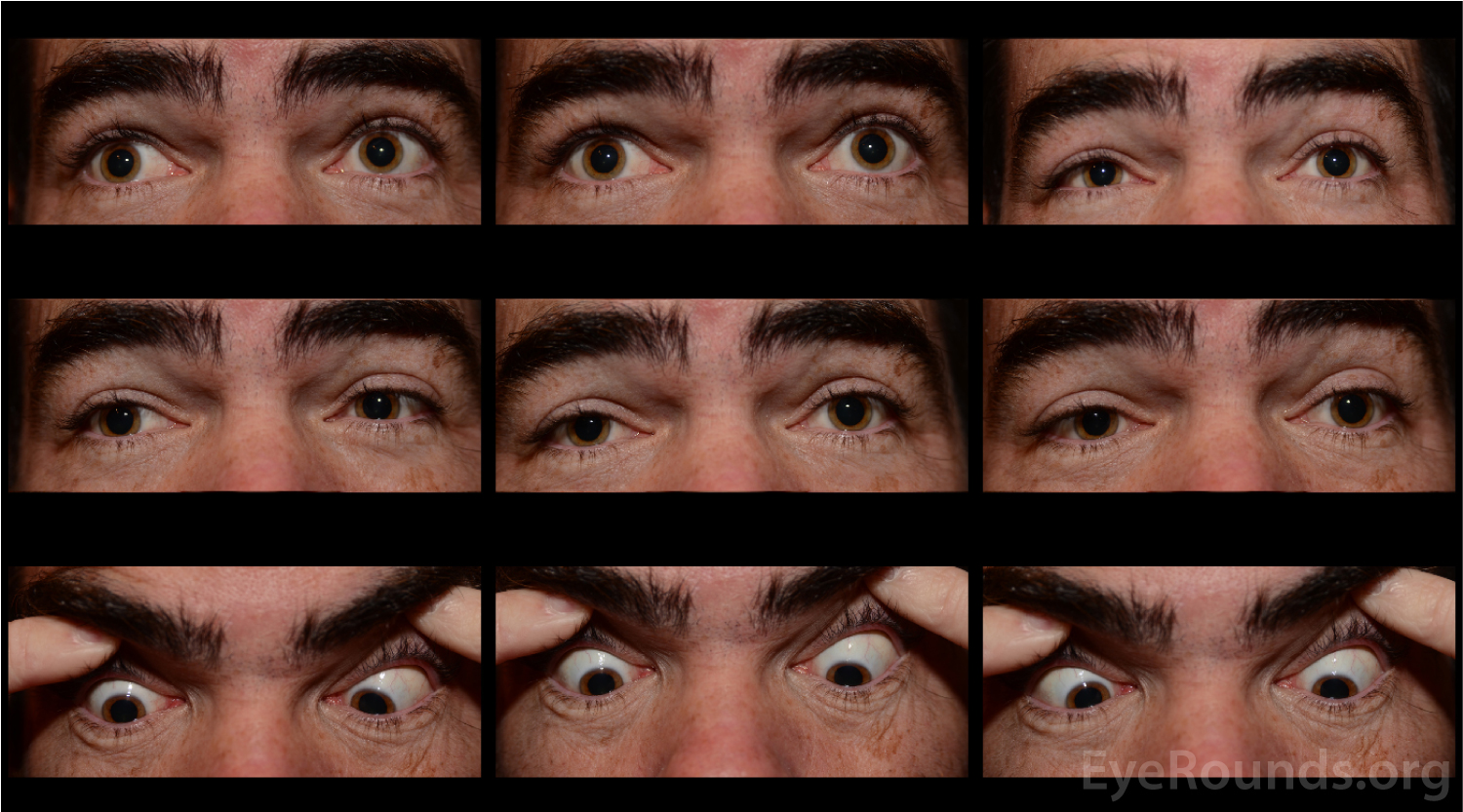



Miller Fisher Syndrome




Neuropsychiatrist On Incredibly Rare Condition Linked To Johnson Johnson Covid 19 Vaccine Cbs News
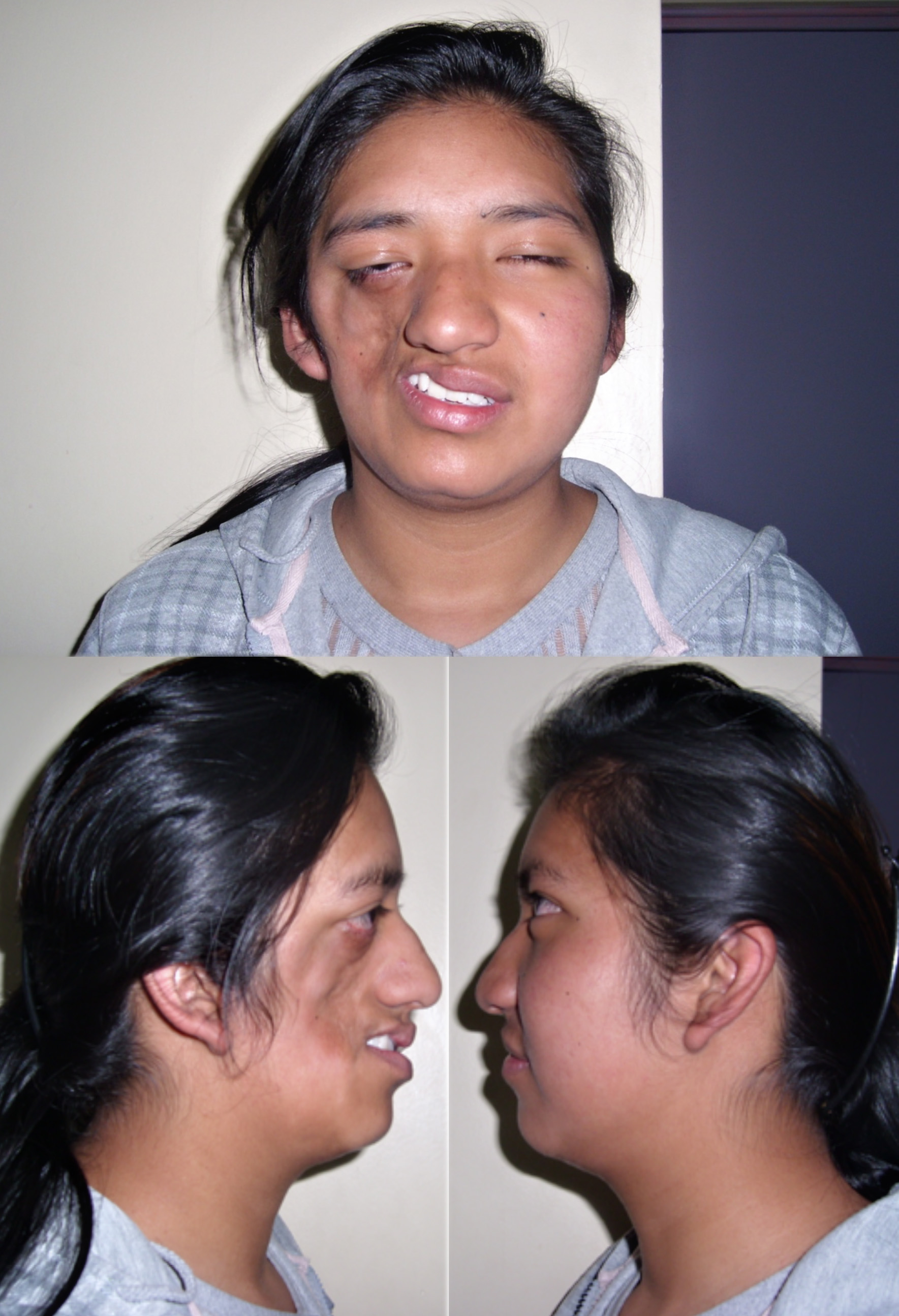



Parry Romberg Syndrome Wikipedia




The Gimpy Girl Who Could The Faces Of Guillain Barre 17 Day 13 Part 1 Dawn




Guillain Barre Syndrome A Variant Consisting Of Facial Diplegia And Paresthesia With Left Facial Hemiplegia Associated With Antibodies To Galactocerebroside And Phosphatidic Acid Article Abstract American Journal Of Case Reports
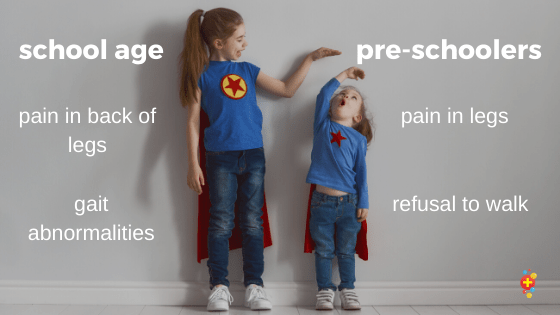



Guillain Barre Syndrome




Slight Improvement Turns To Fear And Worry For Guillain Barre Victim
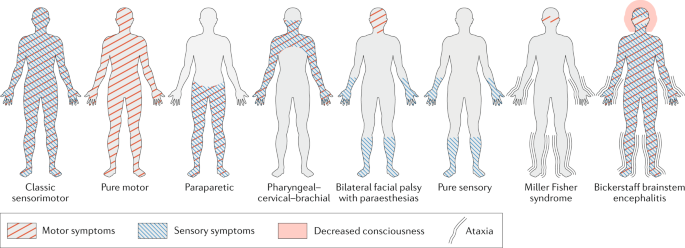



Diagnosis And Management Of Guillain Barre Syndrome In Ten Steps Nature Reviews Neurology




Guillain Barre Syndrome Gbs Update And Face Paralysis Tips The Self Edit Youtube




Pin By Joyce Padilla On Nclex Pn Guillain Barre Syndrome Muscles Of The Face Peripheral Nerve



1




My Time With Guillain Barre Syndrome Gbs Album On Imgur




A Rare Cause Of Twelfth Nerve Palsy Guillain Barre Syndrome Eswaradass Pv Ramasamy B Kalidoss R Gnanashanmugham G Arch Med Health Sci
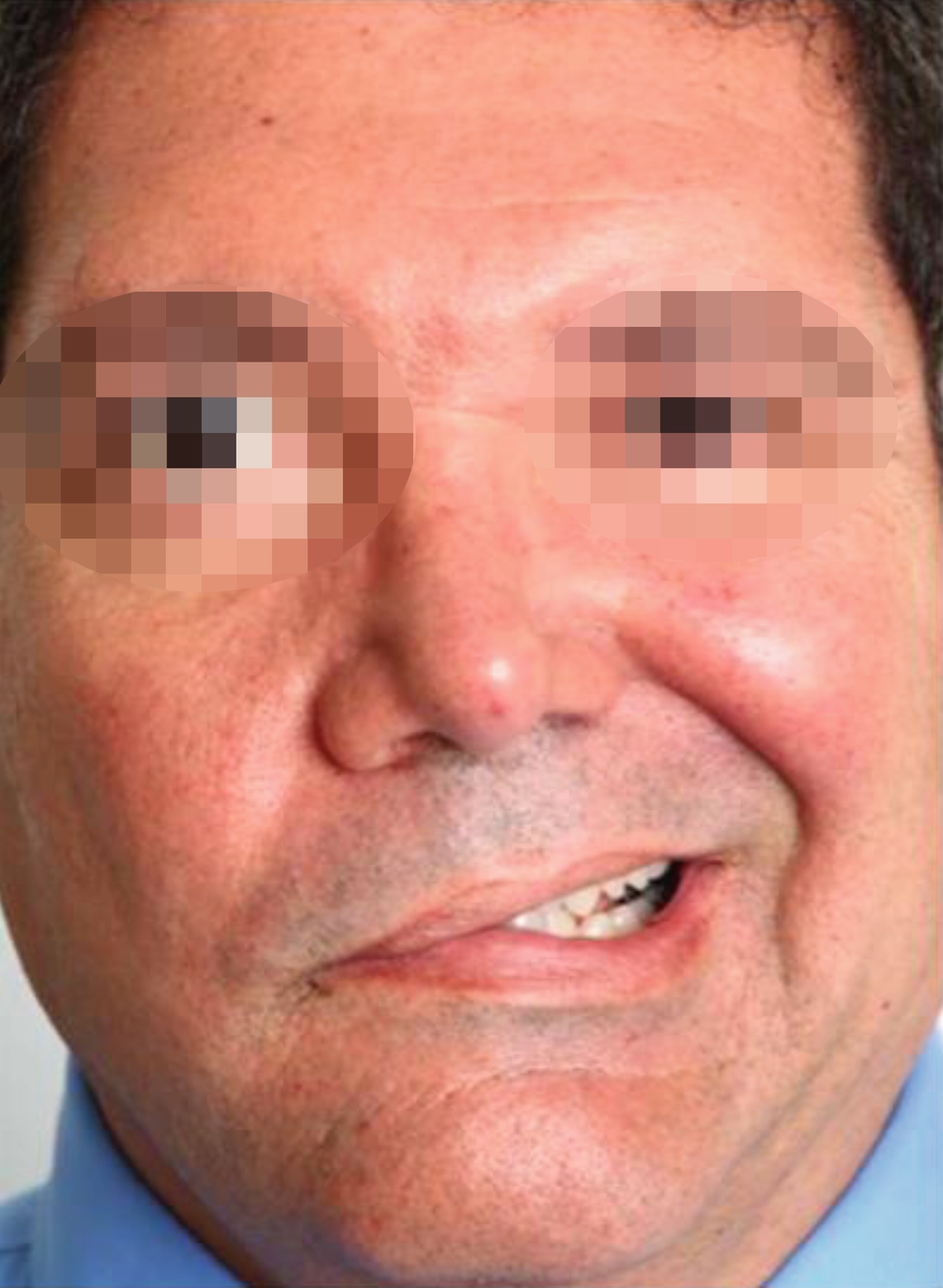



Zika Virus And Guillain Barre Syndrome Springerlink




Second Day Of Illness Left Lower Motor Facial Nerve Palsy Showing Download Scientific Diagram




The Gimpy Girl Who Could The Faces Of Guillain Barre 17 Day 3 Samantha




Guillain Barre Syndrome A Variant Consisting Of Facial Diplegia And Paresthesia With Left Facial Hemiplegia Associated With Antibodies To Galactocerebroside And Phosphatidic Acid Abstract Europe Pmc




Lower Motor Neurone Left Sided Facial Nerve Palsy Demonstrated In Download Scientific Diagram




Guillain Barre Syndrome Presenting As Bell S Palsy With Crossed Hemiparesis Chauhan V Sharma G Rana B S Jearth V Sandhu J Int J Crit Illn Inj Sci




Guillain Barre Syndrome Treatment Symptoms Prognosis
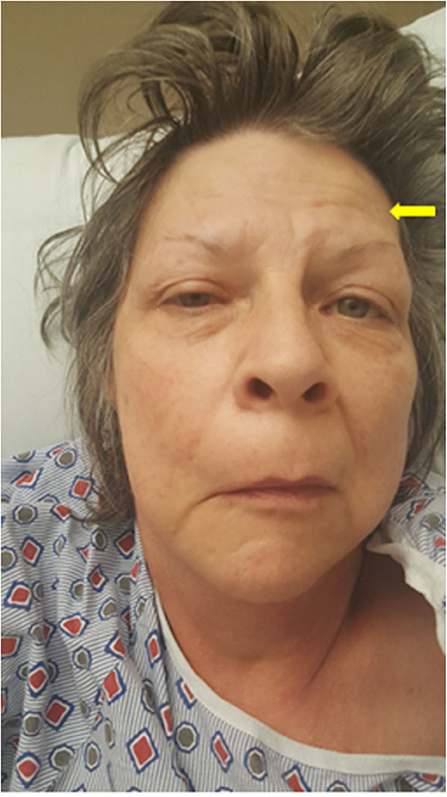



Frontiers Myasthenia Gravis Masquerading As An Idiopathic Unilateral Facial Paralysis Bell S Palsy A Very Rare And Unique Clinical Find Neurology




Pdf Guillain Barre Syndrome A Variant Consisting Of Facial Diplegia And Paresthesia With Left Facial Hemiplegia Associated With Antibodies To Galactocerebroside And Phosphatidic Acid Semantic Scholar




The Landry Guillain Barre Syndrome Report Of An Unusual Case With A Comment On Bell S Palsy Nejm
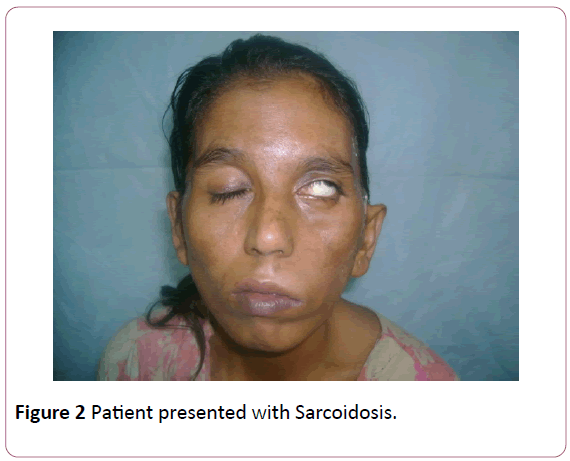



Simultaneous Bilateral Facial Nerve Palsy Case Series And Review Of Literature Insight Medical Publishing




Guillain Barre Syndrome A Cold Stole My Smile c News



Microcephaly Guillain Barre Syndrome Zika Virus A Guide Library Guides At Tulane University
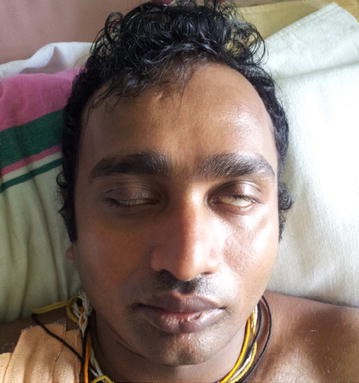



Guillain Barre Syndrome Following Dengue Fever And Literature Review Bmc Research Notes Full Text



2




Rare Encounter Of Unilateral Facial Nerve Palsy In An Adolescent With Guillain Barre Syndrome Bmj Case Reports
/cdn.vox-cdn.com/uploads/chorus_image/image/60987523/usa_today_10316367.1534975345.jpg)



Cowboys News Travis Frederick Diagnosed With Guillain Barre Syndrome Blogging The Boys




List Of Autoimmune Diseases With Symptoms And Treatments




Progressive Bilateral Facial Weakness Practical Neurology




7 Facts About Guillain Barre Syndrome




The Landry Guillain Barre Syndrome Report Of An Unusual Case With A Comment On Bell S Palsy Nejm
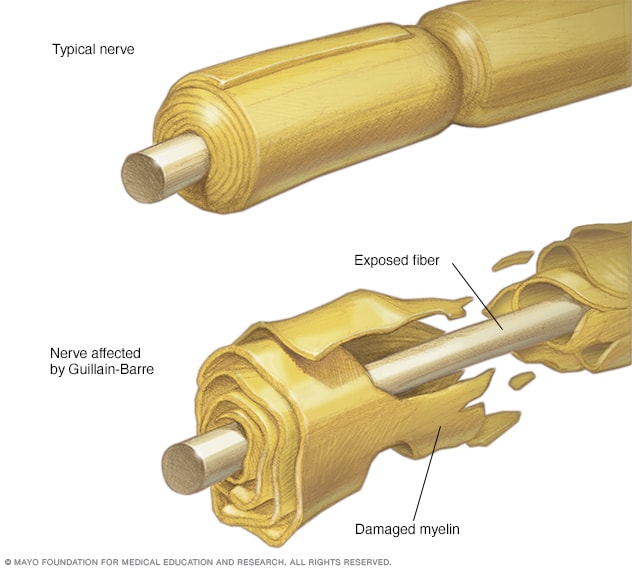



Guillain Barre Syndrome Symptoms And Causes Mayo Clinic




Facial Diplegia A Possible Atypical Variant Of Guillain Barre Syndrome As A Rare Neurological Complication Of Sars Cov 2 Journal Of Clinical Neuroscience
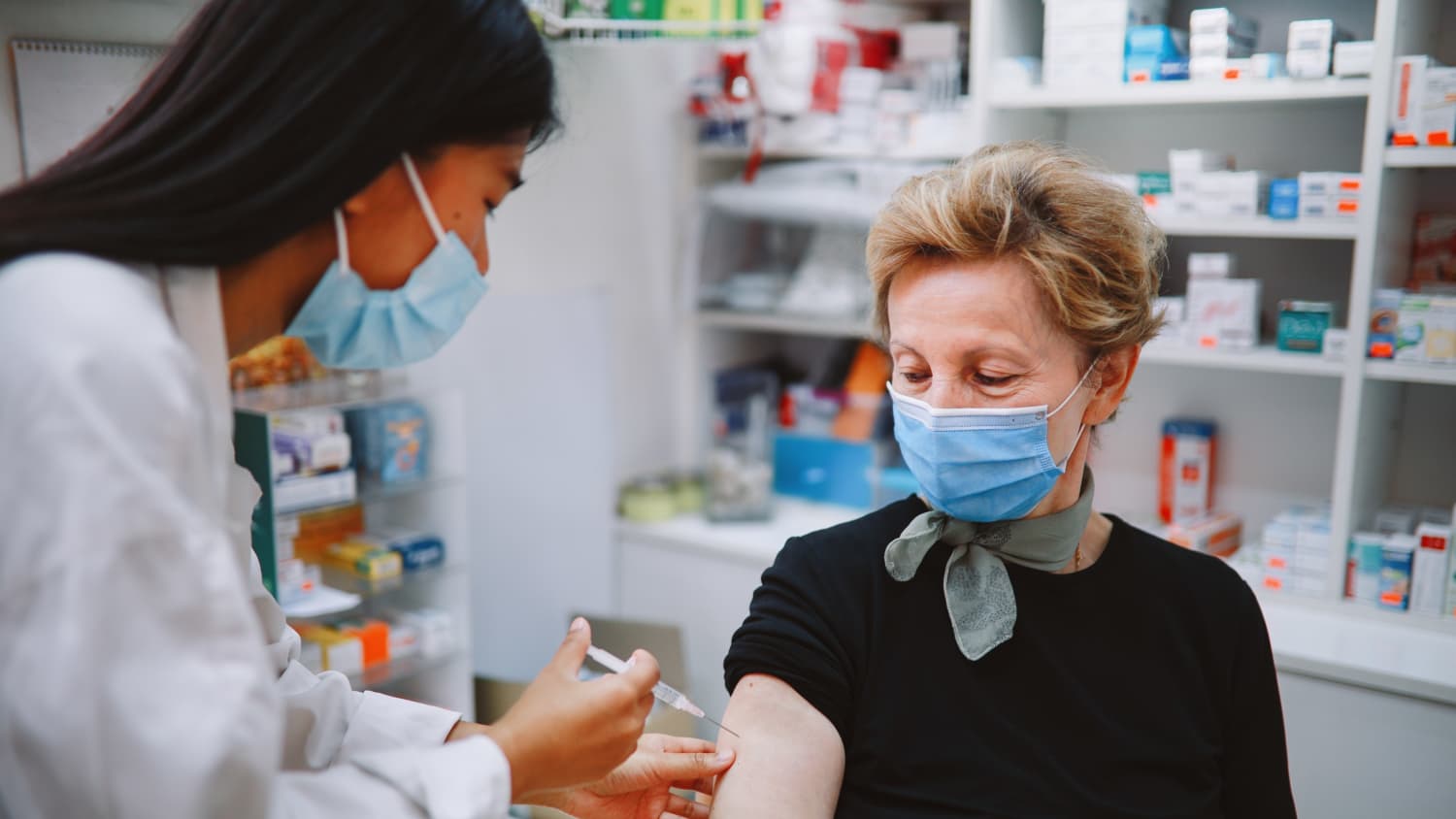



J J Vaccine And Guillain Barre Syndrome Information On The Fda Warning News Yale Medicine



Guillain Barre Syndrome Gbs Stepwards




J P Rosenbaum Slowly Getting Better After Guillain Barre Diagnosis Upi Com




Rare Diseases South Africa Npo 1 991 Guillain Barre Gee Yah Buh Ray Syndrome Is A Rare Disorder In Which Your Body S Immune System Attacks Your Nerves Weakness And Tingling In Your Extremities Are Usually The




J P Rosenbaum Diagnosed With Rare Guillain Barre Syndrome People Com




Update Zika Bordering On Epidemic In The U S Mdalert Com



The Ultimate Poker Face A Case Report Of Facial Diplegia A Guillain Barre Variant The Western Journal Of Emergency Medicine




Rare But Notable Covid 19 Vaccine Complications Involve Incidence Of Guillain Barre Syndrome With Bilateral Facial




Guillain Barre Syndrome Awareness Flamingo Face Mask Etsy
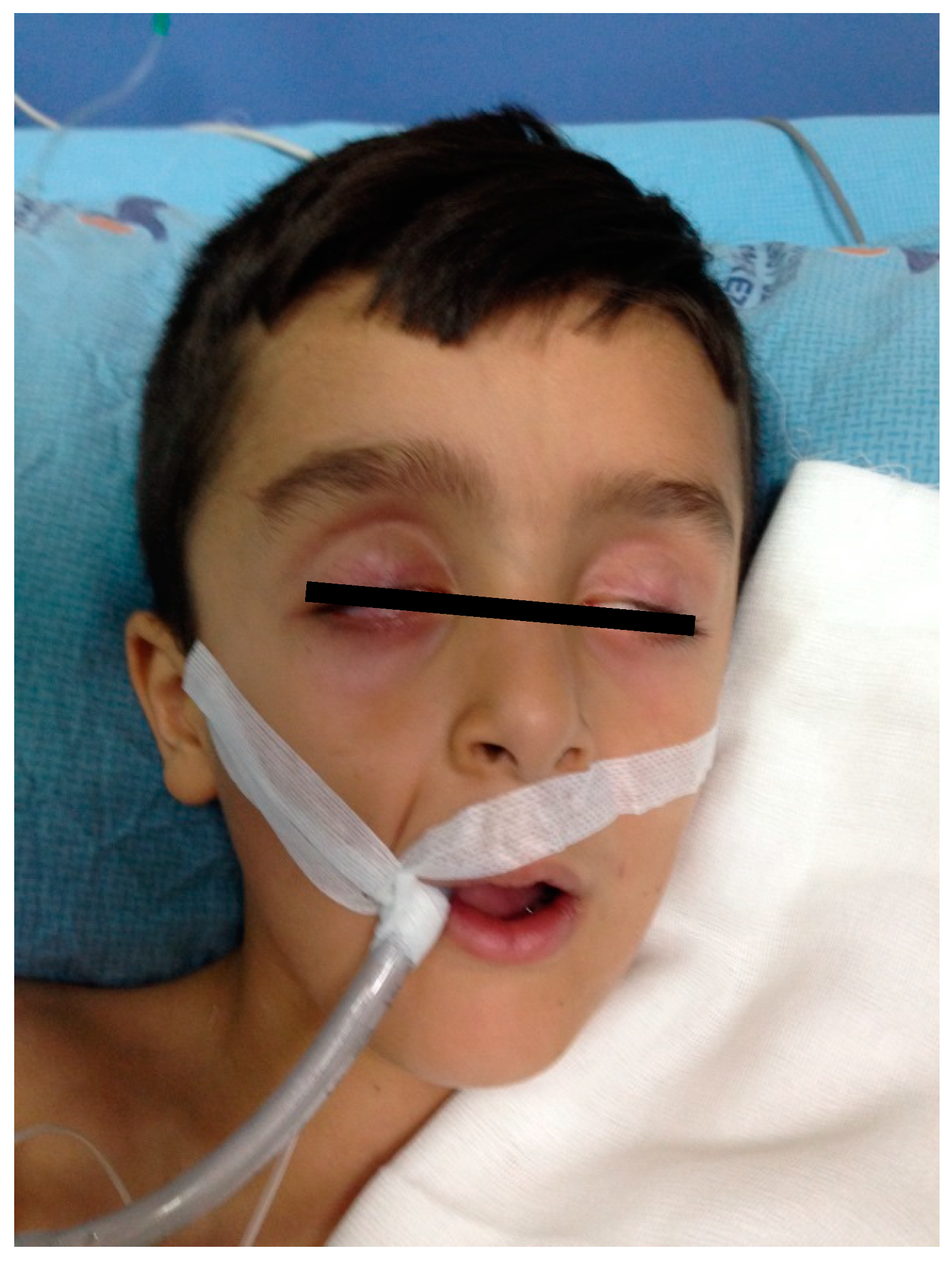



Medicina Free Full Text Is Bilateral Facial Paralysis An Indicator Of Respiratory Outcome In Guillain Barre Syndrome Html
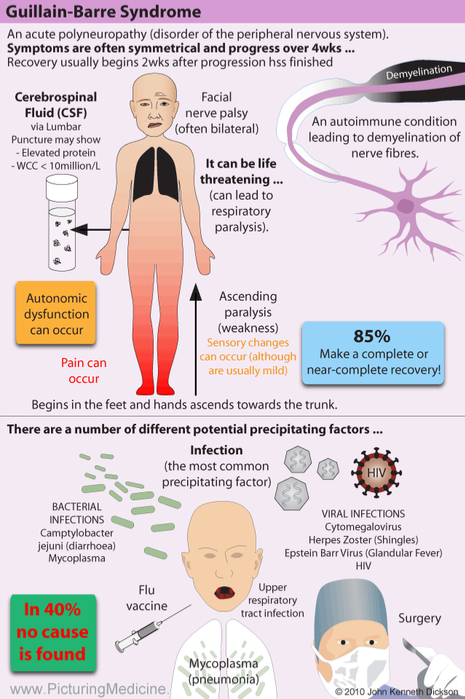



Manual Of Medicine Guillain Barre Syndrome Meded Foamed Neurology Foaned



1
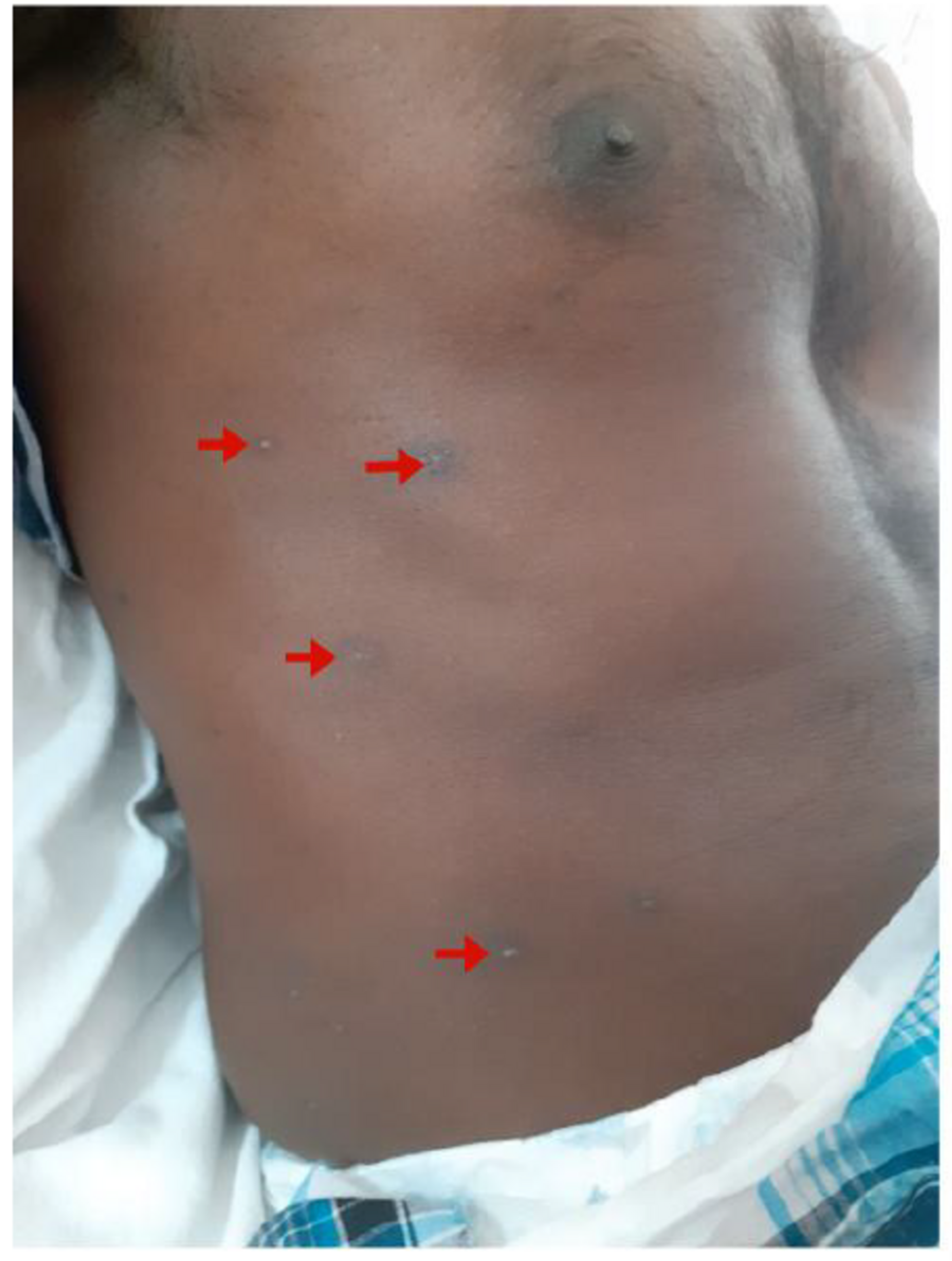



Cureus Guillain Barre Syndrome Following Chickenpox With Multiple Cranial Nerve Palsies And Cerebrospinal Fluid Pleocytosis




Isolated Facial Diplegia A Rare Presentation Of Guillain Barre Syndrome Sardar 21 Clinical Case Reports Wiley Online Library




Bilateral Facial Nerve Palsy In A Newly Diagnosed Diabetic Patient With Associated Herpes Labialis Semantic Scholar




Isolated Facial Diplegia A Rare Presentation Of Guillain Barre Syndrome Authorea




Symptoms Of Guillain Barre Syndrome Pt Master Guide




Facial Nerve Palsy Knowledge Amboss



Pregnant Mom Relives Paralysis Of Guillain Barre Amid Zika Virus Scare Gbs Cidp Foundation International




Bell S Palsy As A Possible Neurological Complication Of Covid 19 A Case Report Bastola 21 Clinical Case Reports Wiley Online Library



Guillain Barre Syndrome Sends William Perry To Hospital Chicago Tribune




Guillain Barre Syndrome Boston Children S Hospital




J P Rosenbaum Diagnosed With Rare Guillain Barre Syndrome People Com
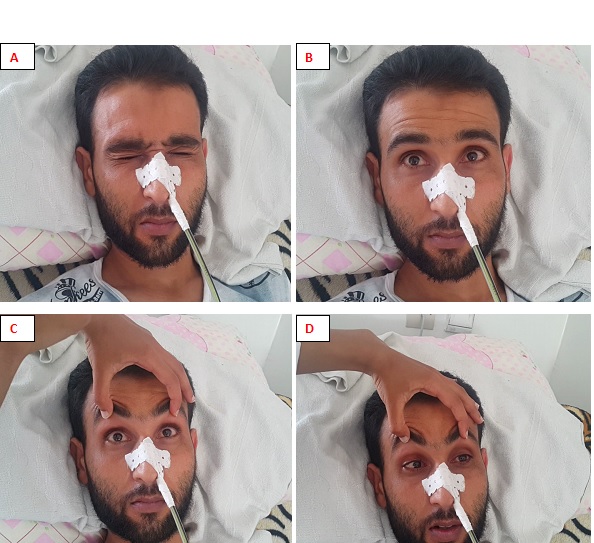



Ajns African Journal Of Neurological Sciences Pharyngeal Cervical Brachial Syndrome An Atypical Case Of Guillain Barre Syndrome With Anti Sulfatide Igm Antibodies
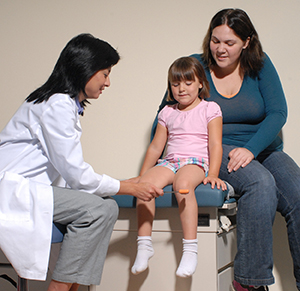



When Your Child Has Guillain Barre Syndrome Gbs Saint Luke S Health System




Coronavirus Vaccine Side Effects Guillain Barre Syndrome How Risky Is Guillain Barre Syndrome The Nervous System Disorder Identified As A Covid 19 Vaccine Side Effect




Q A Guillain Barre Syndrome In Patients With Covid 19 Requires More Research




Unilateral Facial Palsyin Guillain Barre Syndrome A Hyperreflexic Variant Case European Medical Journal


